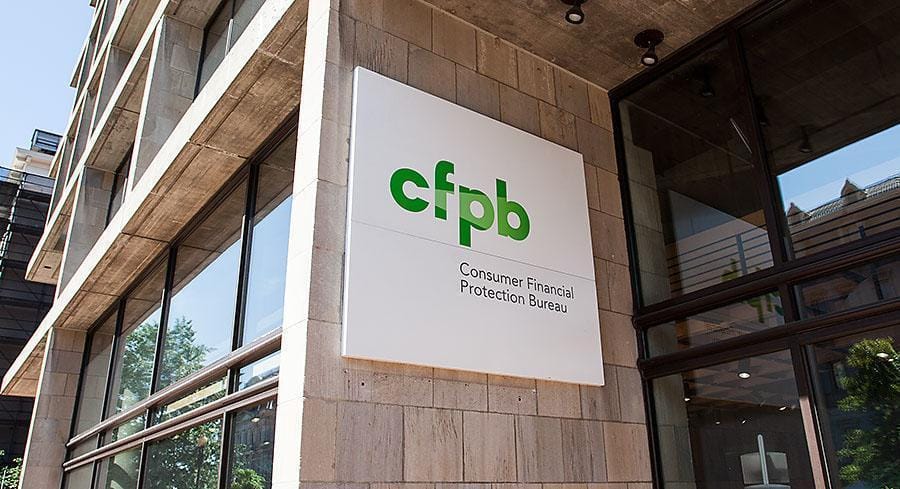The US Consumer Financial Protection Bureau (CFPB) has taken a significant step in protecting the interests of credit card holders by cautioning credit card issuers against devaluing rewards. In a recent statement, the CFPB emphasized the importance of transparency and fairness in rewards programs, warning issuers that they must not engage in practices that could lead to the devaluation of rewards.
The CFPB’s warning comes at a time when credit card rewards have become an increasingly important aspect of credit card offerings. With many credit card issuers offering rewards in the form of cashback, travel points, or other benefits, consumers have come to expect a certain level of value from these programs. However, there have been instances where issuers have made changes to their rewards programs, reducing the value of rewards or making it more difficult for consumers to redeem them.
The CFPB’s warning is aimed at preventing such practices, which can be detrimental to consumers. The agency is emphasizing that credit card issuers must provide clear and transparent disclosures about their rewards programs, including the terms and conditions of the program, the value of rewards, and any changes that may be made to the program.
In particular, the CFPB is warning issuers against practices such as reducing the value of rewards, imposing new restrictions on redemption, or making it more difficult for consumers to earn rewards. The agency is also emphasizing the importance of providing consumers with adequate notice of any changes to the rewards program, so that they can make informed decisions about their credit card usage.
The CFPB’s warning is not only significant for credit card holders but also for the credit card industry as a whole. It sends a clear message that the agency is committed to protecting consumers and ensuring that credit card issuers operate in a fair and transparent manner.
In recent years, there have been instances where credit card issuers have faced criticism for making changes to their rewards programs without providing adequate notice to consumers. For example, some issuers have reduced the value of rewards or imposed new restrictions on redemption, leading to consumer complaints and frustration.
The CFPB’s warning is likely to have a positive impact on the credit card industry, as it will encourage issuers to be more transparent and fair in their rewards programs. It will also provide consumers with greater confidence in using credit cards, knowing that their rewards are protected and that they will receive fair value for their loyalty.
In conclusion, the CFPB’s warning to credit card issuers not to devalue rewards is a significant step in protecting the interests of consumers. It emphasizes the importance of transparency and fairness in rewards programs and encourages issuers to operate in a way that is beneficial to both consumers and the credit card industry as a whole.



